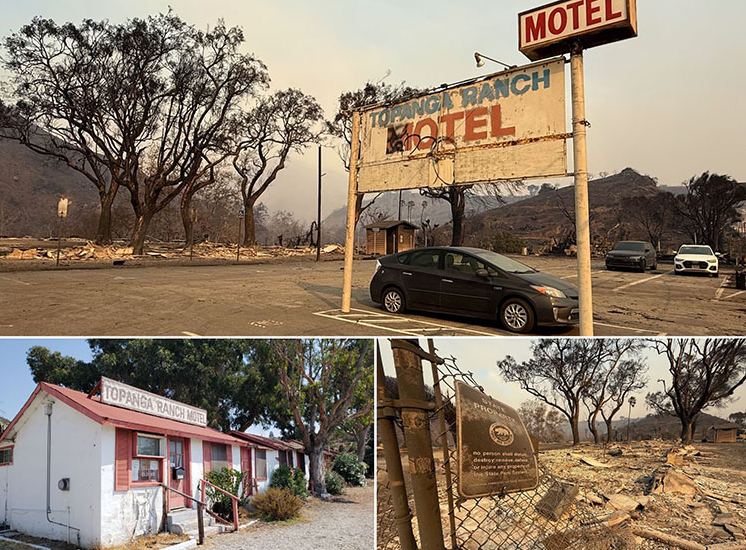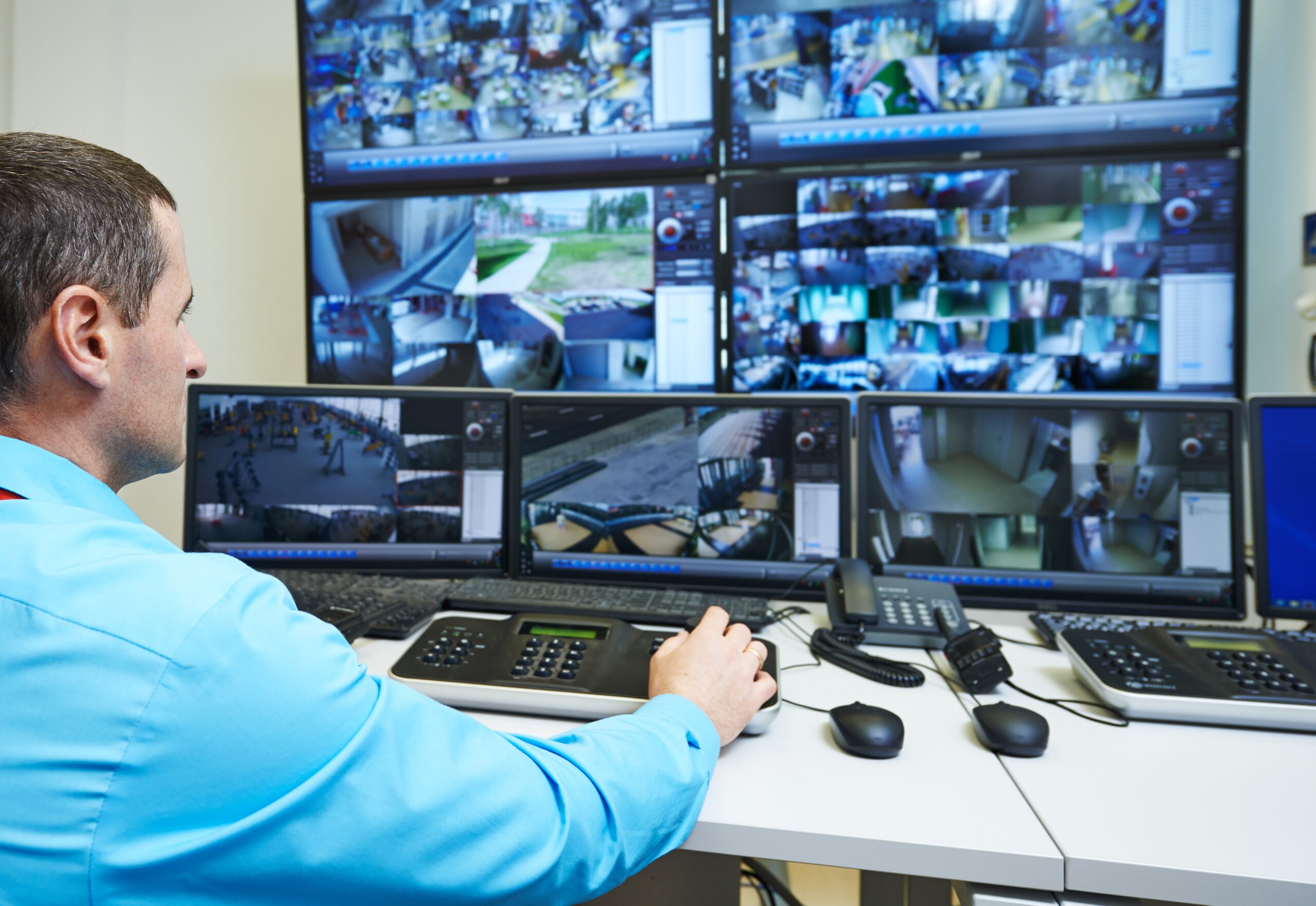The 2018 Winter Olympics in Pyeongchang, South Korea kick off with the Opening Ceremony tonight at 8 p.m. on NBC, but not before a variety of physical security considerations are put into effect by the hosting nation and visiting teams. Every Olympic Games come with unique problems to be addressed, yet all of them encounter similar security concerns and threats.
AEGIS Security & Investigations, based in Los Angeles, is keeping a close eye on this year’s Olympic Games as our home city starts planning for its own 2028 Summer Olympics. The South Korean security and political situations have a distinctly problematic forecast that has raised concerns around the globe. This article explores the security considerations we think the 2028 Olympic Games movers and shakers need to consider.
To start, it is critical to note that special event security is need-specific and different every time. This translates to a call for uniquely-abled responses from security officers. Recent events, such as terror attacks and the political climate, often dictate the level of security believed to be necessary to deter and react to threatening situations. As such, the number, capability, and type of security personnel is bound to change at a moment’s notice. However, preparing for such events is possible with the right outlook from early on.
For this year’s winter Games, a few unique security issues have presented themselves.
First, the host country shares a boundary with one of the most notorious dictatorships in the world. The Korean Peninsula is a place of stark contrasts in which militarized zones with weapons pointed in both directions make the region inherently “more dangerous” than most other nations. This tense political climate has translated to a heightened military presence in the host city.
Second, North Korea has made a lot of claims and actions to prove that they have, and are ready to deploy, nuclear weapons. The nation has even gone so far as to state that nuclear war with the US is “inevitable.” Again, the political climate is extremely tense as the host nation and its neighbor struggle to get along and competing nations, including the US, have their own political turmoil to hash out.
Third, South Korea is expecting at least 100,000 spectators in addition to its several thousand international athletes competing in the Games. The traffic of these people moving from one venue to another is going to be intense; moreover, the checks on these people at each site is going to be just shy of chaotic. Imagine your favorite amusement park’s person and bag check system on steroids, and that is what the city is up against. All of this has translated to the need and gain of 60,000 security forces, including military personnel and law enforcement.
Lastly, South Korea is dealing with a biological problem of illness. As of Feb. 6, 1,200 security workers in the city are being tested for norovirus because 32 confirmed cases are being treated in quarantine. Because the virus is highly contagious, forces who were recently outside of the city had to be brought in last minute in case more cases are confirmed and leave the South Korean security force lower than originally anticipated.
What does all of this mean for future Olympic venues like Los Angeles 2028?
Security and contingency related to security is critical. If there is one thing the city planners and Olympic committees should focus on early in the development stages, it is security. Just as South Korea learned, contingency plans and preventative measures are essential.
AEGIS starts every client plan with a series of questions to determine what security considerations are critical, incidental, and cautionary or preventative. Elements that are critical are those that venues incur by hosting events, such as the need for crowd control, person and bag screening to remove prohibited items, and. Incidental elements are those that often arise and may occur on site, such as conflicts that require de-escalation of force — a trained security officer could handle these with his training whereas an untrained bystander might make things worse. Elements that are preventative would be issues that impact the event and its guests directly, such as clear threats to their safety (e.g., bombings, active shooters, use of other weapons).
These are the big questions we think should be asked for LA 2028:
- What security issues have come up in the past, and how were they handled?
- What type of security will be needed at each event, and why?
- Who will comprise our security team for each level of protection required?
- What are the biggest threats trying to be prevented?
- Who and how will incidents, such as those threats, be handled?
- What will the overall security plan look like for the city?
Once those questions are answered, the Olympic Games in 2028 will have a clear picture of who to employ, how to train security personnel (beyond current training, at least), how to deploy forces in safety emergencies, and what the worst-case scenario could be along with a series of preventative measures.
In the meantime, we plan to watch the Pyeongchang Winter Olympic Games and determine what we think will be the biggest security considerations when the Games reach our hometown of Los Angeles.
For a complete listing of events and to follow the Pyeongchang Winter Olympics, click here.
AEGIS Security & Investigations is a Los Angeles region company that is licensed and insured in the State of California to provide high-end armed and unarmed regular and temporary off-duty police officers, bodyguards, security officers, loss prevention agents, and event staff. Additionally, we offer services for private investigation, consultation, people tracing, and background investigation. Our trainings and workshops in the field of security licensure and counter-terrorism have been featured in news media and are renowned for their efficacy. For more information or to contact us, visit www.aegis.com.
Author: Chelsea Turner & Jeff Zisner






